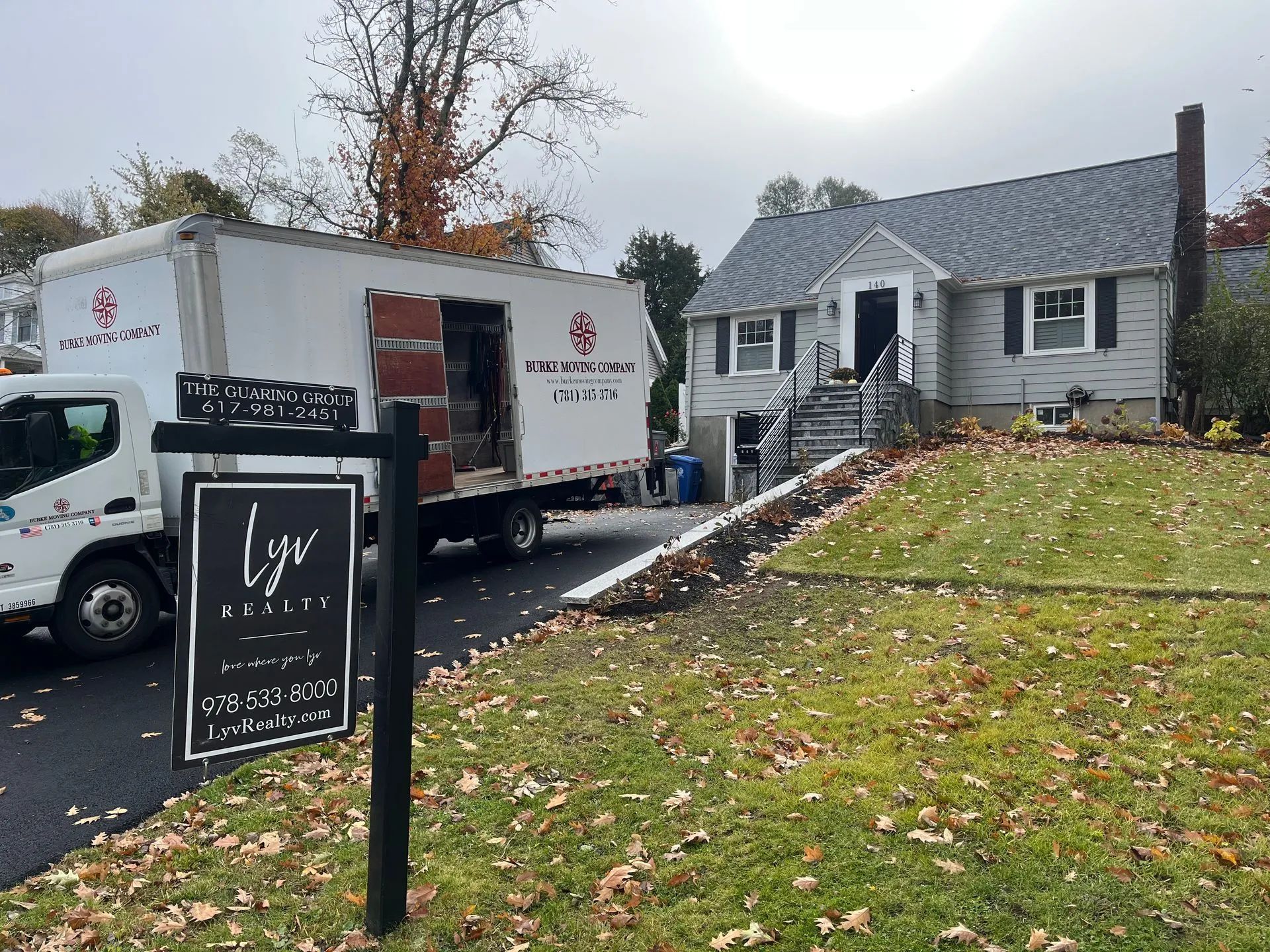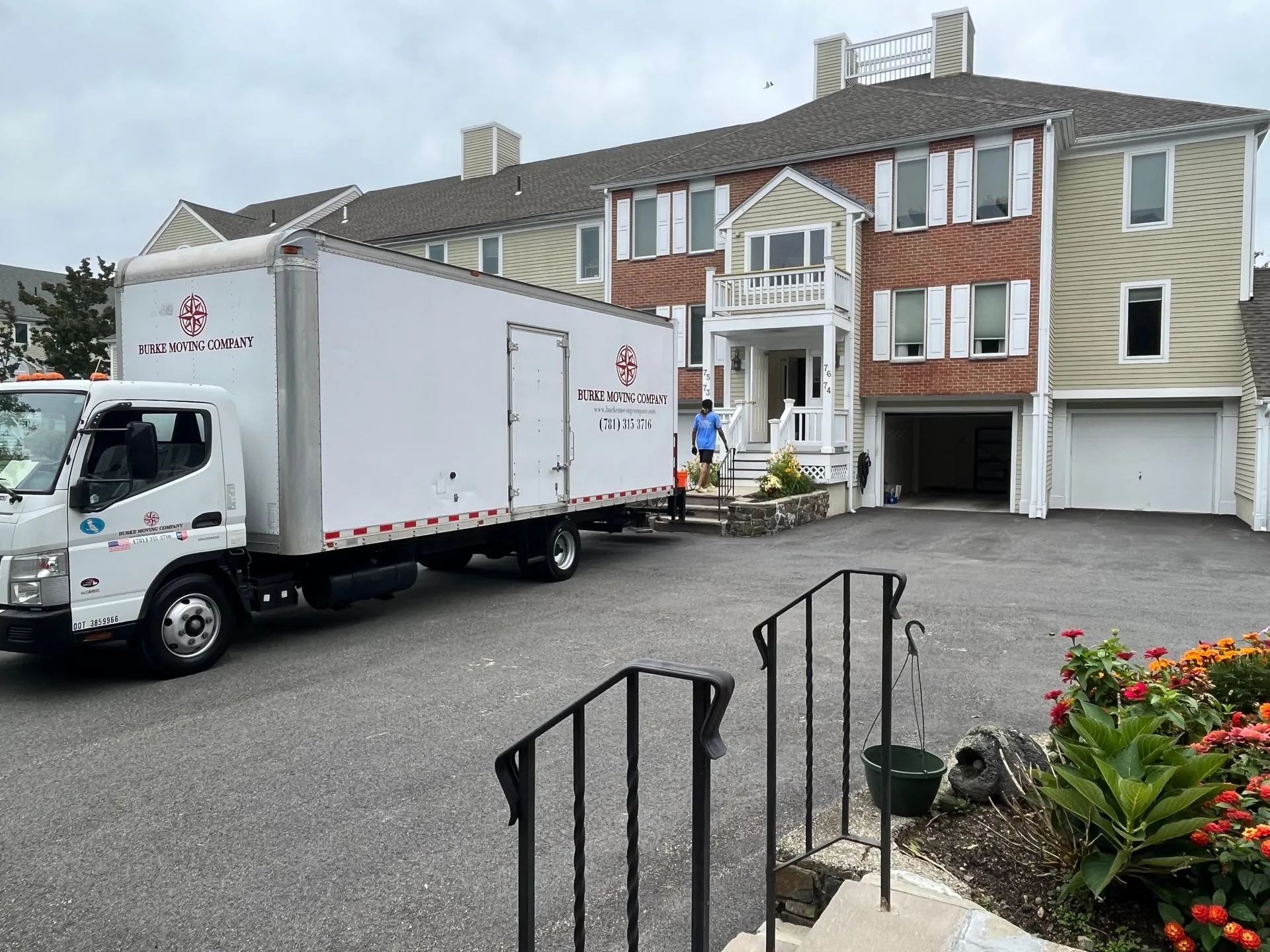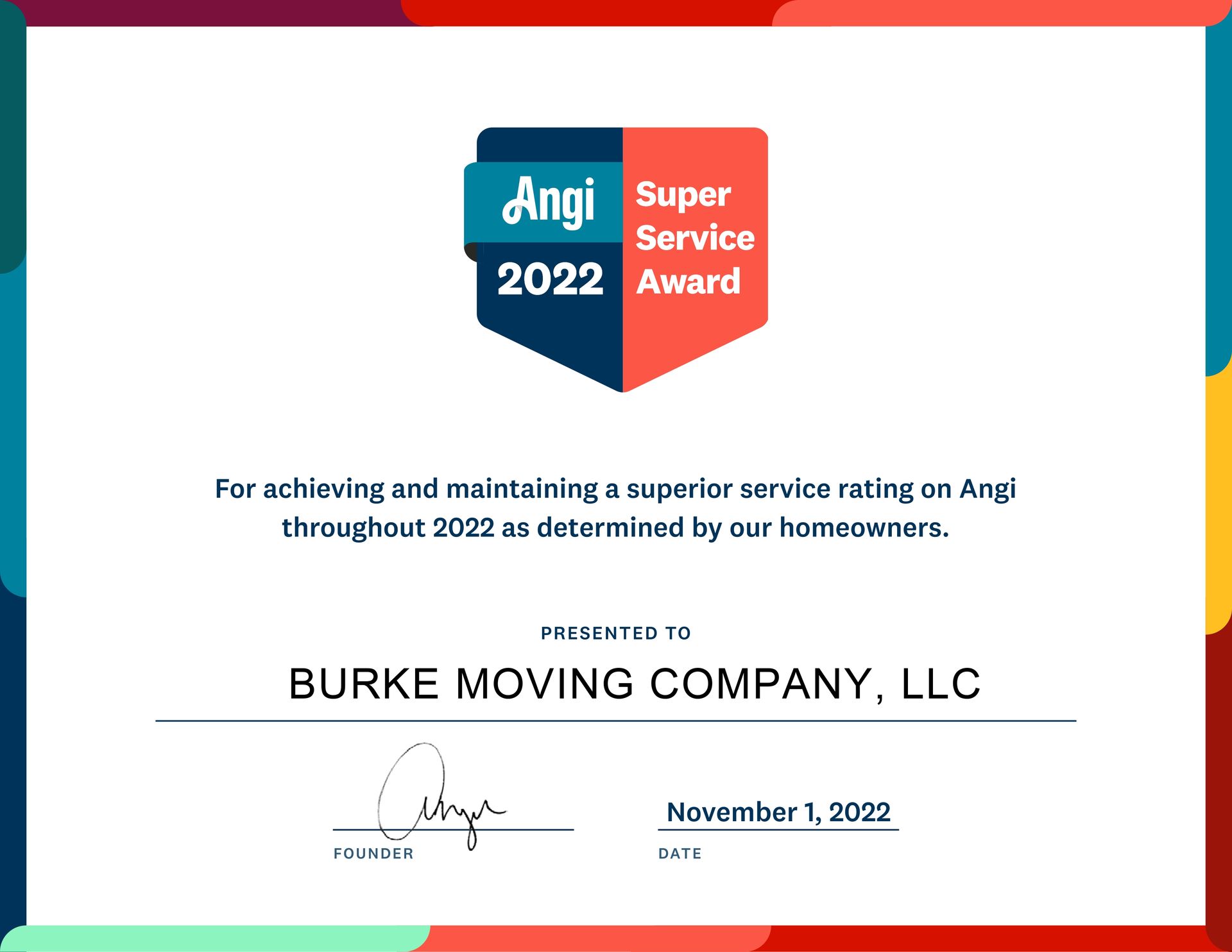Residential vs. Commercial Moves: Key Differences and How to Prepare
Moving can be a stressful process, whether you’re relocating your home or business. However, residential and
commercial moves come with unique challenges and require different approaches. At Burke Moving Company, we specialize in both, ensuring a seamless transition no matter the scale of your move. Here’s a breakdown of the key differences and essential preparation tips for each type of move.
Key Differences Between Residential and Commercial Moves
1. Size and Scope
- Residential Moves: Typically involve moving furniture, personal belongings, appliances, and sentimental items from one home to another. These moves are usually smaller in scale and can often be completed in a single day.
- Commercial Moves: Involve relocating office furniture, IT equipment, business files, and sometimes entire warehouses or industrial equipment. These moves are often larger in scope and may require multiple phases to avoid business disruptions.
2. Planning and Coordination
- Residential Moves: Require a simple moving plan focused on packing, transportation, and unpacking at the new location. Homeowners can generally manage their move with the help of professional movers and personal organization.
- Commercial Moves: Demand detailed planning to minimize downtime. Business relocations often require coordination with employees, IT specialists, and vendors to ensure a smooth transition with minimal impact on operations.
3. Packing Requirements
- Residential Moves: Involve personal items that need secure packing, such as clothes, dishes, and furniture. Specialty packing materials like bubble wrap and sturdy boxes help protect fragile items.
- Commercial Moves: Require specialized packing for sensitive electronics, office furniture, confidential files, and business inventory. Labeling and inventory tracking are crucial to keeping everything organized.
4. Timing and Scheduling
- Residential Moves: Often occur at the convenience of the homeowner and can be scheduled on weekends or evenings.
- Commercial Moves: Need to be strategically planned to minimize business disruption. Moves often take place after business hours or on weekends to ensure continued operations.
5. Special Equipment and Expertise
- Residential Moves: Typically require basic moving equipment such as dollies, moving blankets, and trucks.
- Commercial Moves: May involve heavy-duty moving equipment like pallet jacks, IT transport solutions, and custom crating for fragile electronics or machinery.
How to Prepare for Your Move
For Residential Moves:
- Declutter Before Packing – Donate, sell, or discard items you no longer need.
- Start Packing Early – Begin with non-essential items and label boxes clearly.
- Hire Professional Movers – Burke Moving Company ensures safe transportation of your belongings.
- Prepare for Moving Day – Pack an essentials box with everyday items like toiletries, clothes, and snacks.
For Commercial Moves:
- Create a Moving Plan – Assign a team to oversee the move and set a clear timeline.
- Inventory and Label Everything – Ensure all items are accounted for and properly labeled for easy setup.
- Coordinate with IT – Schedule IT support to disconnect, transport, and set up technology.
- Notify Clients and Vendors –
Update your business address and inform customers and suppliers about your move.
Let Burke Moving Company Handle Your Move
Whether you’re moving your home or business, provide expert moving services tailored to your needs. Based in Revere, MA, our experienced team ensures a smooth, stress-free transition so you can focus on settling into your new space. With 15 years of experience, we handle everything from packing to transportation with care and professionalism.
Ready to plan your move? Contact us today at Burke Moving Company
for a free quote!




